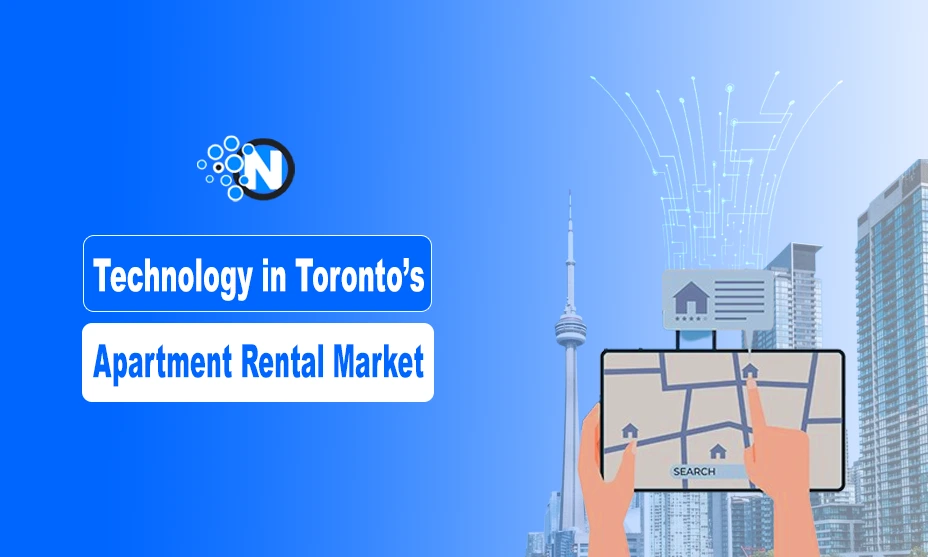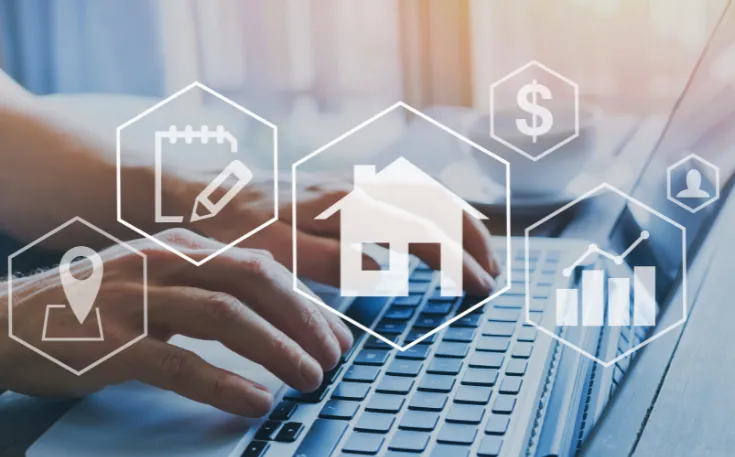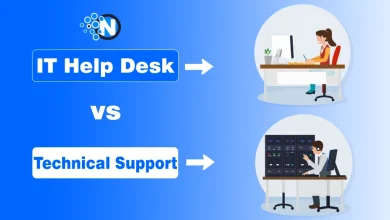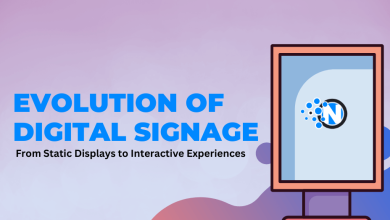The Role of Technology in Toronto’s Apartment Rental Market Growth

Technology is playing a vital role in determining how landlords, tenants, and property managers interact with the rental business in Toronto. There have been technology improvements that have accelerated operations, enhanced accessibility, and changed demand within the market. These advancements include virtual apartment tours and property management software that are powered by artificial intelligence.
In this blog post, I will explain how technological advancements are influencing Toronto’s apartment rental market growth.
Let’s begin!
Technology in the Apartment Rental Market
Finding, managing, and maintaining rental properties is now easier and faster thanks to technology, which has had a big impact on the rental market. Digital platforms and AI-powered tools make it easy for landlords to list properties, screen tenants, and handle rental deals. This reduces the need for manual paperwork and other procedures.
Virtual tours and augmented reality have transformed the way renters view homes and apartments before making a decision. The rental business is becoming more streamlined and data-driven as technology keeps improving. This is good for both landlords and tenants.

Top 5 Technologies Influencing Toronto’s Apartment Rental Market Growth
1. Digital Platforms for Rental Listings
The modern apartment search process has completely shifted from visiting rental offices to navigating online rental listings. People looking for rental properties in Toronto can use Zillow, RentSeeker and PadMapper to browse hundreds of listings at their convenience. These sites utilize AI algorithms to deliver personalized search results, ensuring renters find apartments that match their specific preferences.
Through these online platforms, landlords get broad audience visibility while their listing management is automated. Online access to property databases and showing arrangements with automated application processing through the system enhances business efficiency and shortens vacancy duration.
2. Virtual Apartment Tours & AI Leasing Assistants
The experience of looking for an apartment in Toronto has been completely transformed, thanks to augmented reality (AR) and 3D virtual tours. Some people look for rental apartments in Toronto that are furnished, so you can create virtual tours for them. The need for several in-person visits is eliminated because potential tenants can view homes remotely using high-quality graphics that incorporate the entire 360-degree space.
AI-powered leasing assistants further improve convenience by responding to tenant inquiries, organizing appointments, and even providing assistance with lease negotiations. The communication between landlords and tenants is streamlined by these virtual assistants, which streamlines the process and makes it more seamless.
3. Smart Home Technology in Rentals
Smart home technologies are finding widespread adoption in modern residential flats throughout Toronto. Enhanced security together with greater energy efficiency is possible through the implementation of features including thermostats, smart locks and automatic lighting systems.
- Smart Locks: Smart locks allow tenants to access their apartments through mobile applications or keyless entry systems. It reduces the likelihood that they would misplace their keys.
- Automated Thermostats: Devices such as Nest change the temperature inside a home based on the user’s routines, thereby reducing the amount of money spent on electricity.
- Voice-Controlled Smart Assistants: Devices like as Google Home or Alexa give tenants the ability to operate their appliances and security systems through the use of their voices.
These technologies not only improve convenience, but they also make rental properties more appealing to tenants who are knowledgeable about contemporary technology.
4. AI-Powered Property Management
Rental property management undergoes revolutionary change because of artificial intelligence technologies. Powered by artificial intelligence, property management software performs routine tasks, which include rent collection, maintenance requests, and lease renewals. Property managers need less work while tenants get quick responses through this system.
The analysis provided by predictive analytics assists landlords in monitoring upcoming market shifts, thus helping them readjust their rental rates properly. Through AI-based technology systems, applications from potential tenants undergo technical evaluations that utilize their financial records and behavioral information to assess their trustworthiness.
5. Blockchain in Rental Agreements
In the space of leasing agreements, along with security deposits, blockchain technology offers a total redesign of the business sector. Blockchain-based smart contracts enable transparent rental transactions which become automatically secured and efficient in rental management.
These contracts remove the need for intermediaries to create a streamlined process that lowers costs and durations of processing. The secure digital agreements provide tenants with protection from alteration and unfair alteration while landlords gain defense against fraudulent applications.
The Impact of Technology on Rental Pricing & Demand
The advancement of Toronto’s technology sector has contributed to the expansion of the city’s rental market by attracting professionals from all over the world. Demand for rental apartments near key IT hubs is growing as technology companies continue to expand.
In addition, the capabilities of remote work, which are strengthened by online collaboration technologies, have changed preferences about rental properties. Rental homes that offer high-speed internet, dedicated workstations, and smart home amenities are becoming increasingly desirable to tenants. Upgrades to rental units are being made by landlords in order to accommodate the requirements of the current day.
Final Thoughts
The expansion of the rental industry in Toronto is directly influenced by technological advancements. The use of artificial intelligence (AI) in property management and the integration of smart homes, as well as virtual tours and rental agreements based on blockchain technology, are examples of how innovation continues to increase efficiency, security, and accessibility.
Both landlords and tenants need basic knowledge of modern technological trends because the sector experiences continuous shifts through new innovations. Maximum efficiency of technology implementation leads to pleasant rental experiences for everyone involved.




